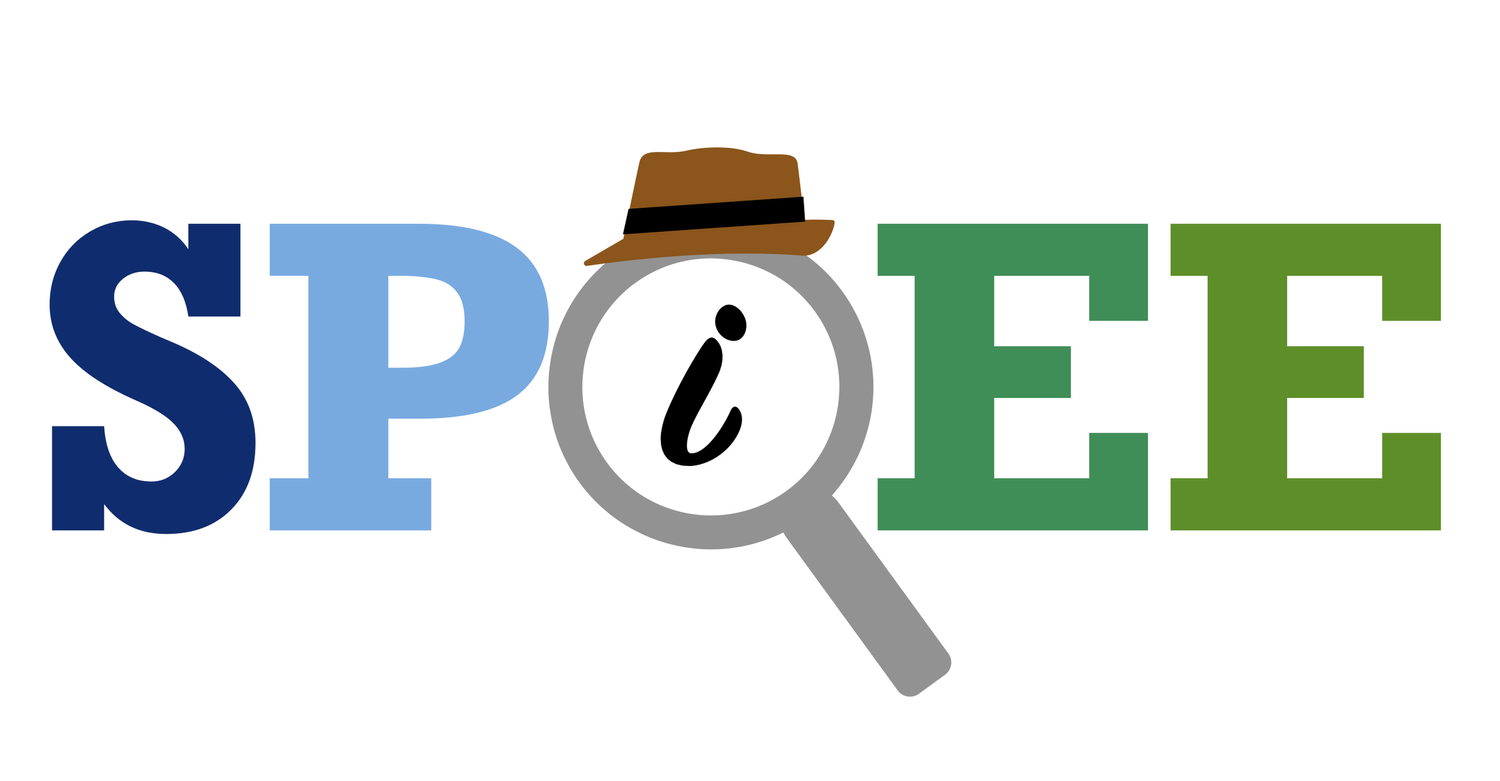SPiEE Publications

Research Methods
In our pursuit of rigorous scientific inquiry, the SPiEE lab places a strong emphasis on employing transparent research methodologies with a special focus on well-designed primary data collection through surveys.
Survey methods constitute a vital component of our approach. Through well-designed surveys, we aim to measure constructs with reduced bias, explore effective psychology-based experiments, participants’ attitudes, and behaviors related to our research questions. The Survey Design Course offered by Dr. Hunter Gehlbach is a transformative learning opportunity that diverges from conventional approaches, prioritizing the front-end survey design process crucial for collecting high-quality data.
Committed to fostering openness and accountability in our scientific practices, we actively embrace the principles of open science. This commitment involves sharing research materials, data, and methods openly with the scientific community and the public, ensuring the reproducibility and transparency of our findings. By integrating survey methods with open science principles, we strive to contribute not only to the advancement of knowledge within our field but also to the broader scholarly community's collective understanding of environmental issues.
Open Science for All: Make Educational Research Accessible to Everyone – Especially Teachers!

Survey Design
Academic Publications
Vriesema, C. C., & Gehlbach, H. (2021). Assessing survey satisficing: The impact of unmotivated questionnaire responding on data quality. Educational Researcher, 50(9), 618-627. doi: 10.3102/0013189X211040054
Gehlbach, H., & Artino, A. R. (2018). The survey checklist (manifesto). Academic Medicine: Journal Of The Association Of American Medical Colleges, 93(3), 360-366. doi:10.1097/ACM.0000000000002083
Gehlbach, H., Robinson, C. D.*, Finefter, I., Benshoof, C., & Schneider, J. (online, 2017). Questionnaires as interventions: Can taking a survey increase teachers’ openness to student feedback surveys? Educational Psychology. doi:10.1080/01443410.2017.1349876
Bahena, S.*, Schueler, B.*, McIntyre, J.*, & Gehlbach, H. † (2016). Assessing parent perceptions of school fit: The development of a survey scale. Applied Developmental Science, 20(2), 121-134. doi:10.1080/10888691.2015.1085308
Gehlbach, H. (2015). Seven survey sins. The Journal of Early Adolescence, 35, 883-897. doi:10.1177/0272431615578276
Schueler, B. E.*, Capotosto, L.*, Bahena, S.*, McIntyre, J.*, & Gehlbach, H. † (2014). Measuring parent perceptions of school climate. Psychological Assessment, 26(1), 314-320. doi: 10.1037/a0034830 and 10.1037/a0034830.supp (Supplemental)
Artino, A. R., Jr., La Rochelle, J. S., DeZee, K. J., & Gehlbach, H. † (2014). AMEE Guide No 87: Developing questionnaires for educational research. Medical Teacher. doi: 10.3109/0142159X.2014.889814.
Gehlbach, H., & Barge, S.* (2012). Anchoring and adjusting in questionnaire responses. Basic and Applied Social Psychology, 34(5), 417-433. doi: 10.1080/01973533.2012.711691
Artino, A. R., Jr., & Gehlbach, H. (2012). AM last page: Avoiding four visual-design pitfalls in survey development. Academic Medicine: Journal Of The Association Of American Medical Colleges, 87(10), 1452.
Barge, S.*, & Gehlbach, H. † (2012). Using the theory of satisficing to evaluate the quality of survey data. Research in Higher Education, 53(2), 182-200. doi: 10.1007/s11162-011-9251-2.
Gehlbach, H., & Brinkworth, M. E.* (2011). Measure twice, cut down error: A process for enhancing the validity of survey scales. Review of General Psychology, 15(4), 380-387. doi: 10.1037/a0025704
Artino, A. R., Jr., Gehlbach, H., & Durning, S. J. (2011). AM Last Page: Avoiding Five Common Pitfalls of Survey Design. Academic Medicine: Journal Of The Association Of American Medical Colleges, 86(10), 1327-1327.
Gehlbach, H., Artino, A. R., Jr., & Durning, S. (2010). AM last page: Survey development guidance for medical education researchers. Academic Medicine: Journal Of The Association Of American Medical Colleges, 85(5), 925-925.

Open Science
Academic Publications
Gehlbach, H., & Robinson, C. D. (2021). From old school to open science: The implications of new research norms for educational psychology and beyond. Educational Psychologist, 56(2), 79-89. doi: 10.1080/00461520.2021.1898961
Reich, J., Gehlbach, H., & Albers, C. J. (2020). “Like upgrading from a typewriter to a computer”: Registered reports in education research. AERA Open, Vol. 6, No. 2, pp. 1–6 doi: 10.1177/2332858420917640
Gehlbach, H., & Robinson, C. D. (2018). Mitigating illusory results through preregistration in education. Journal of Research on Educational Effectiveness, 11(2), 296-315. doi:10.1080/19345747.2017.1387950

Measurement & Evaluation in Schools
Academic Publications
Zhang, Q., & Storey, N. (2022). Controversies behind COVID learning loss: Historical issues, current measurements, and future strategies. Theory Into Practice, 1-12.
Kane, T. J., Blazar, D., Gehlbach, H., Greenberg, M., Quinn, D., & Thal, D. (2020). Can video technology improve teacher evaluations? An experimental study. Education Finance and Policy, 15(3), 397-427. doi:10.1162/edfp_a_00289
Schneider, J., White, R. A., Jacobsen, R. J., & Gehlbach, H. (2018). The (mis)measure of schools: How data affect stakeholder knowledge and perceptions of quality. Teacher's College Record.
